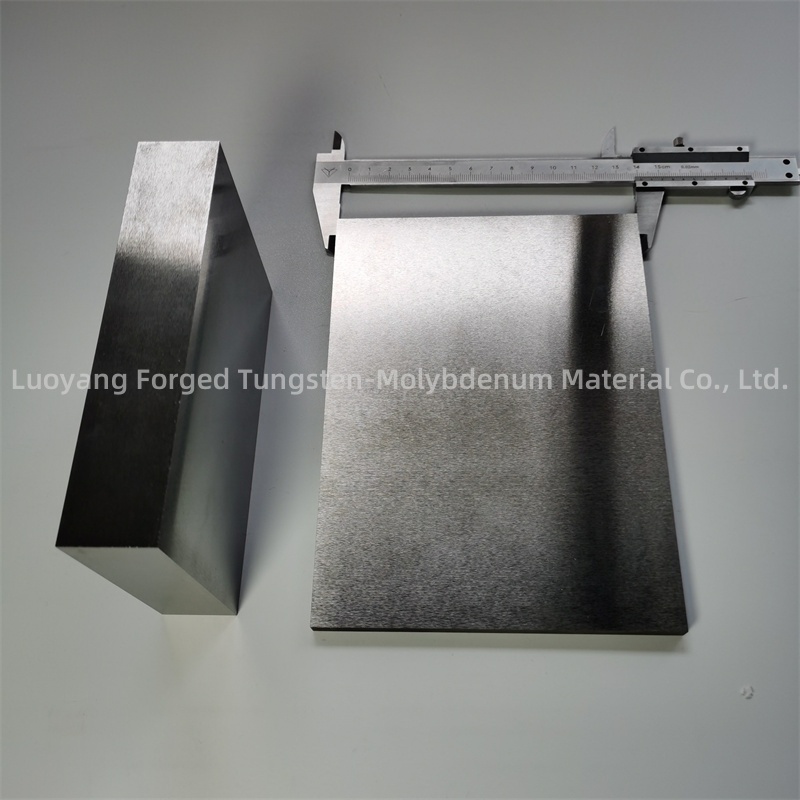Tungsten is added to steel for several reasons:
1. Increases Hardness: Tungsten increases the hardness and wear resistance of steel, making it suitable for applications where steel needs to withstand high levels of wear and tear.
2. Improves strength: Tungsten helps increase the strength and toughness of steel, making it suitable for use in high-stress applications such as cutting tools, drill bits and high-speed steel.
3. High temperature stability: Tungsten helps improve the high temperature stability of steel, making it suitable for applications where steel needs to maintain its mechanical properties at high temperatures.
Overall, the addition of tungsten to steel enhances its overall properties, making it suitable for a wide range of industrial applications.
Tungsten plates are used in various industrial applications due to its unique properties. Some common uses for tungsten plates include:
1. Radiation shielding: Due to tungsten’s high density and ability to absorb radiation, tungsten plates are used as radiation shielding in medical and industrial environments.
2. High-temperature furnace components: Due to its high melting point and high temperature resistance, tungsten plates are used to build high-temperature furnaces and heating elements.
3. Aerospace and defense applications: Tungsten plates are used in the aerospace and defense industries for components that require high strength, hardness and high temperature resistance.
4. Electrical contacts: Due to its high conductivity and resistance to arc erosion, tungsten plates are used for electrical contacts and electrodes.
5. Heat sink: Due to the high thermal conductivity of tungsten, tungsten plates are used as heat sinks in electronic and semiconductor applications.
Overall, tungsten plates are valued for their high density, high melting point, and excellent mechanical properties, making them suitable for a wide range of industrial and commercial applications.
Tungsten is considered unsafe for direct contact with food. Tungsten is a heavy metal and while it has many industrial applications due to its unique properties, it is not suitable for use in food-related products or food contact materials. Ingestion of tungsten can be harmful to human health, as excessive exposure to tungsten and other heavy metals can lead to various health problems.
Therefore, it is important to ensure that tungsten or tungsten-containing materials do not come into direct contact with food or food preparation surfaces. Regulatory agencies such as the U.S. Food and Drug Administration (FDA) and the European Food Safety Authority (EFSA) have strict guidelines and regulations to ensure the safety of materials that come into contact with food.
Post time: Mar-25-2024

